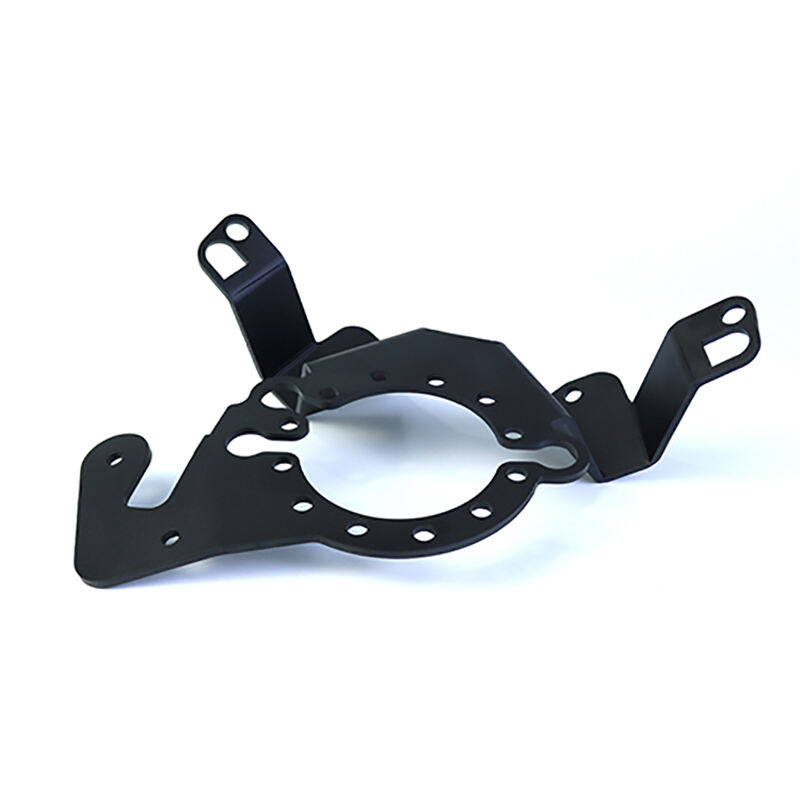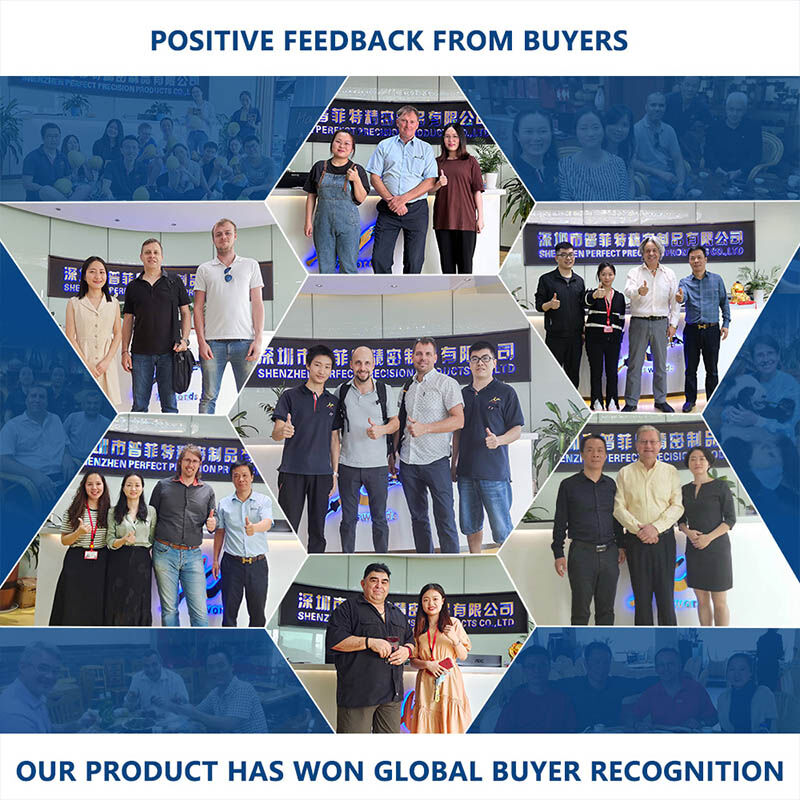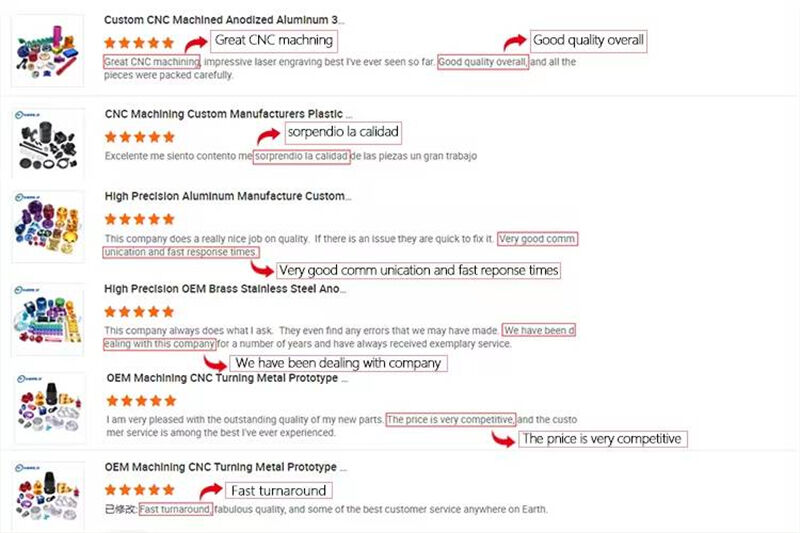Building 49, Fumin Industrial Park, Pinghu Village, Longgang District
Sunday Closed
Type:Broaching, DRILLING, Etching / Chemical Machining, Laser Machining, Milling, Other Machining Services, Turning, Wire EDM, Rapid Prototyping
Model Number:OEM
Keyword:CNC Machining Services
Material:stainless steel aluminum alloy brass metal plastic
Processing method :CNC milling
Delivery time:7-15 days
Quality:High End Quality
Certification:ISO9001:2015/ISO13485:2016
MOQ:1Pieces
Hey there, manufacturing enthusiasts and curious minds! Ever peeked inside a modern jet engine, held a sophisticated medical implant, or admired the intricate workings of high-performance automotive components? If you have, you've likely encountered the marvels of complex CNC parts. These aren't your average machined bits; they're the high-precision, geometrically demanding components that push the boundaries of what's possible in manufacturing.

Imagine a part that needs to be incredibly strong yet have paper-thin walls. Or one with curves and channels that twist and turn like a maze, demanding tolerances finer than a human hair. Or maybe it needs to withstand scorching temperatures while maintaining perfect dimensions. That's the realm of complex CNC parts.
• Geometric Nightmares (in a Good Way!): Think deep cavities, internal channels you can barely see, intricate 3D contours, free-form curves, undercuts, and features that are simply impossible to make manually. It's not just about being shaped complexly; it's about the precision required within that shape.
• Razor-Sharp Tolerances: We're talking micron-level precision here. A fraction of a millimeter out of place, and the part might not fit, function, or worse, fail catastrophically.
• Super-Fine Surface Finishes: Often, these parts need surfaces smoother than glass for performance, sealing, or biocompatibility. Achieving this on complex geometries is a real art.
• Thin is In (But Tricky): Thin walls are common for weight savings, but machining them without vibration, chatter, or distortion requires serious skill and the right tools.
• Material Matters (and They're Tough): Complex parts often live demanding lives, so they're made from challenging materials like titanium alloys, high-grade stainless steels, Inconel, advanced composites, or engineering plastics. These materials are hard, abrasive, or thermally sensitive, adding another layer of difficulty.
• Multi-Process Magic: Creating one complex part often involves a symphony of processes on a single setup: 4-axis and 5-axis milling, turning, drilling, tapping, boring, grinding... you name it.
These parts aren't made complex for fun; they solve critical engineering challenges. You'll find them as the beating heart (or crucial arteries) in:
• Aerospace: Turbine blades with perfect airfoils, intricate fuel system components, lightweight structural elements in aircraft and spacecraft. Lives literally depend on their precision and reliability.
• Medical: Orthopedic implants (hips, knees, spinal components), dental implants, complex surgical instruments, cardiovascular devices. Biocompatibility and precision are non-negotiable.
• Automotive & EV: High-performance engine/transmission parts, complex suspension components, intricate sensors and connectors, and crucially, lightweight structural parts and battery components for electric vehicles.
• Energy: Turbine components for power generation, parts for oil & gas exploration equipment.
• Semiconductors & Electronics: Precision chambers, wafer handling components, intricate connectors, and housings requiring ultra-cleanliness and dimensional stability.
• Tool & Die: The molds and dies used to mass-produce plastic or stamped metal parts are often incredibly complex masterpieces themselves.
Simply put, complex CNC parts enable lighter, stronger, more efficient, and more capable products across virtually every advanced industry. They are fundamental to innovation.



Q:How fast can I receive a CNC prototype?
A:Lead times vary depending on part complexity, material availability, and finishing requirements, but generally:
• Simple prototypes: 1–3 business days
• Complex or multi-part projects: 5–10 business days
Expedited service is often available.
Q:What design files do I need to provide?
A:To get started, you should submit:
• 3D CAD files (preferably in STEP, IGES, or STL format)
• 2D drawings (PDF or DWG) if specific tolerances, threads, or surface finishes are required
Q:Can you handle tight tolerances?
A:Yes. CNC machining is ideal for achieving tight tolerances, typically within:
• ±0.005" (±0.127 mm) standard
• Tighter tolerances available upon request (e.g., ±0.001" or better)
Q:Is CNC prototyping suitable for functional testing?
A:Yes. CNC prototypes are made from real engineering-grade materials, making them ideal for functional testing, fit checks, and mechanical evaluations.
Q:Do you offer low-volume production in addition to prototypes?
A:Yes. Many CNC services provide bridge production or low-volume manufacturing, ideal for quantities from 1 to several hundred units.
Q:Is my design confidential?
A:Yes. Reputable CNC prototype services always sign Non-Disclosure Agreements (NDAs) and treat your files and intellectual property with full confidentiality.
Copyright © Shenzhen Perfect Precision Products Co., Ltd. All Rights Reserved — Privacy Policy — Blog